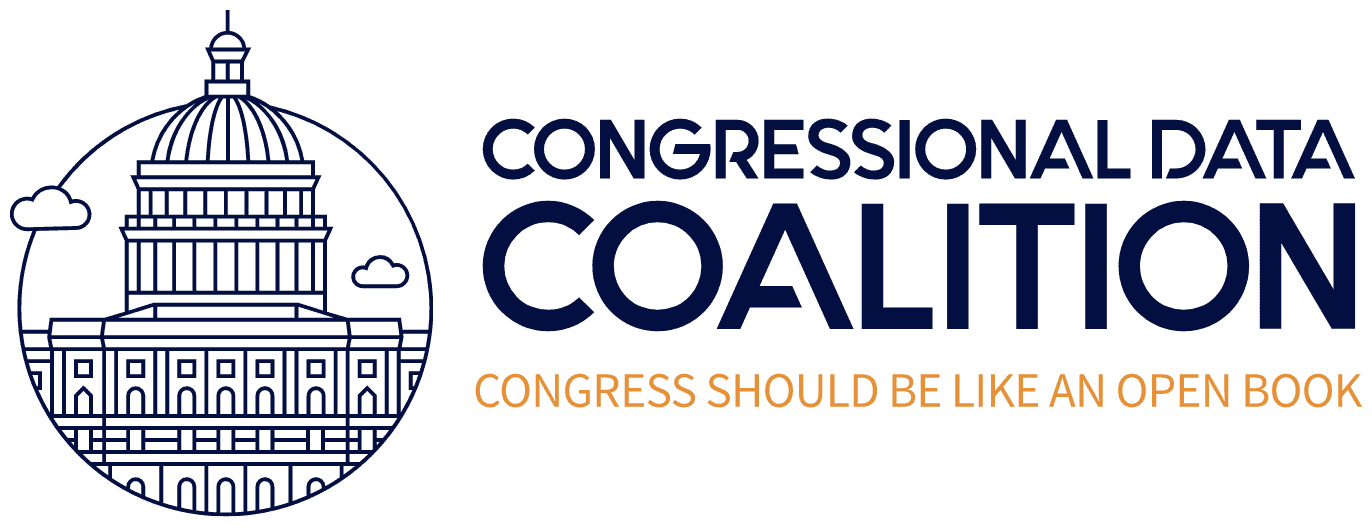The Congressional Data Task Force announced the dates of its third and fourth quarter public meetings.
The CDTF will hold its Q3 public meeting from 2-4pm ET on Thursday September 29. In the future, you can follow this link to register online.
The CDTF will hold its Q4 public meeting from 2-4 PM ET on Thursday, December 13. In the future, you can follow this link to register online.
Catch up with this recap from the June meeting.
Continue Reading